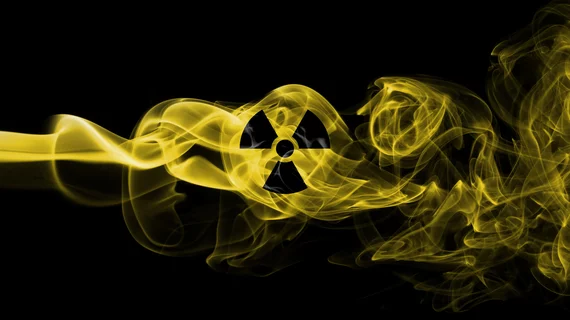Hospital to decommission its nuclear medicine department due to lack of use
An east coast hospital is planning to decommission its nuclear medicine department due to lack of use, according to a report published Wednesday.
Stony Brook Eastern Long Island Hospital Chief Administrative Officer Paul Connor recently spoke about the concern at a public hearing held Jan. 8. He noted that the Greenport, New York, community hospital’s nuclear medicine program has become unsustainable amid dipping patient volumes.
“We’re getting less and less referrals, and that number is dropping,” Anthony Mitarotondo, MD, director of Stony Brook Radiology, said according to the Suffolk Times.
A healthy nuclear medicine department might log between 400-500 visits annually. However, in 2022, Stony Brook had only 58. Complicating matters, the 70-bed institution is dealing with aging technology that’s reaching the end of its useful life. They spent some $400,000 to $600,000 to maintain equipment over the past few years, which Connor labeled as “fiscally irresponsible.”
The public hearing was required by the state before making the decision. Once Stony Brook gains approval, it plans to decommission the department and dispose of nuclear liquid used for its tests. Connor said they have a full-service imaging department with MR, CT, ultrasound and bone density scans (but not the “gold standard” PET). The hospital plans to use the nuclear medicine space to expand sonography services and does not anticipate laying off staff.
Read more from the newspaper here:

